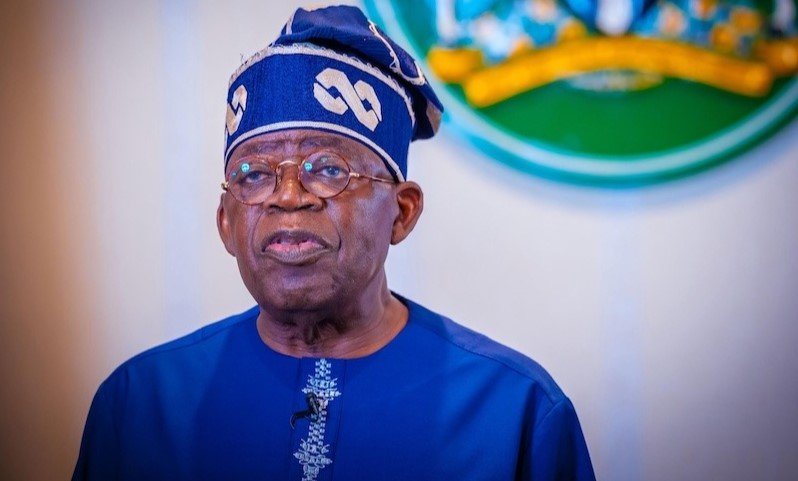THE Federal Government has reaffirmed its commitment to fairness, justice, and inclusivity in the distribution of national resources, insisting that President Bola Ahmed Tinubu’s administration has treated all regions of Nigeria equitably in both appointments and infrastructure development.
News Point Nigeria reports that the Minister of Information and National Orientation, Mohammed Idris, stated this in Abuja while reacting to recent claims that certain parts of the country were being sidelined in federal allocations and appointments.
Idris emphasized that President Tinubu’s Renewed Hope Agenda was anchored on balanced development and inclusivity, stressing that verifiable data shows equitable distribution of projects across the six geopolitical zones.
According to the government’s breakdown, the Northwest currently leads in federal approvals with over ₦5.97 trillion worth of projects representing more than 40% of total allocations. The South-South follows with ₦2.41 trillion, North Central with ₦1.13 trillion, while the South East and North East received ₦407 billion and ₦400 billion respectively. The South West, excluding Lagos, secured ₦604 billion.
“These figures speak for themselves,” Idris said. “Every region is benefitting, and no one is playing second fiddle.”
The statement highlighted massive investments in nationwide road, rail, and power projects. Some of the flagship projects include:
Lagos–Calabar Coastal Highway (750 km) – 175 km already ongoing in Lagos, Cross River, and Akwa Ibom.
Sokoto–Badagry Superhighway (1,068 km) – 378 km under construction in Kebbi and Sokoto.
Trans-Sahara Highway (465 km) – 118 km ongoing in Ebonyi.
Akwanga–Jos–Bauchi–Gombe Road (439 km) – redesigned for durability.
In total, the North accounts for 52% of the roads under construction, while the South holds 48%, showing near parity.
The administration has also secured ₦150 billion and ₦100 billion for light rail projects in Kano and Kaduna respectively, while Lagos and Ogun States are hosting metroline expansions. Work has also advanced on the rehabilitation of the Eastern Rail Corridor from Port Harcourt to Maiduguri.
In the power sector, the Kaduna 255MW Plant has been revived, while the AKK Gas Project is moving forward. Oil exploration has expanded to the North, with three wells drilled in Bauchi and Gombe.
The government noted that beyond roads and rails, over 1,000 primary health care centres have been rehabilitated nationwide. Collectively, these interventions are projected to create more than 250,000 jobs.
On appointments, Idris stressed that President Tinubu has consistently drawn capable Nigerians from all regions into key leadership roles, guided by competence and inclusivity rather than sectional bias.
“Equity is not only in projects but also in appointments. The President’s choices reflect national unity and inclusiveness,” he said.
The minister further cited the establishment of five new Regional Development Commissions and the creation of the Federal Ministry of Livestock Development as evidence of the administration’s commitment to addressing diverse developmental needs.
Idris concluded that President Tinubu has proven himself as a fair and pragmatic leader whose reforms are designed to unify the country rather than divide it.
“President Tinubu is building national infrastructure, not regional trophies,” he declared. “His leadership is inclusive, his vision unifying, and his commitment to equity unwavering. Nigerians can rest assured that under his watch, no part of this country will be left behind.”







